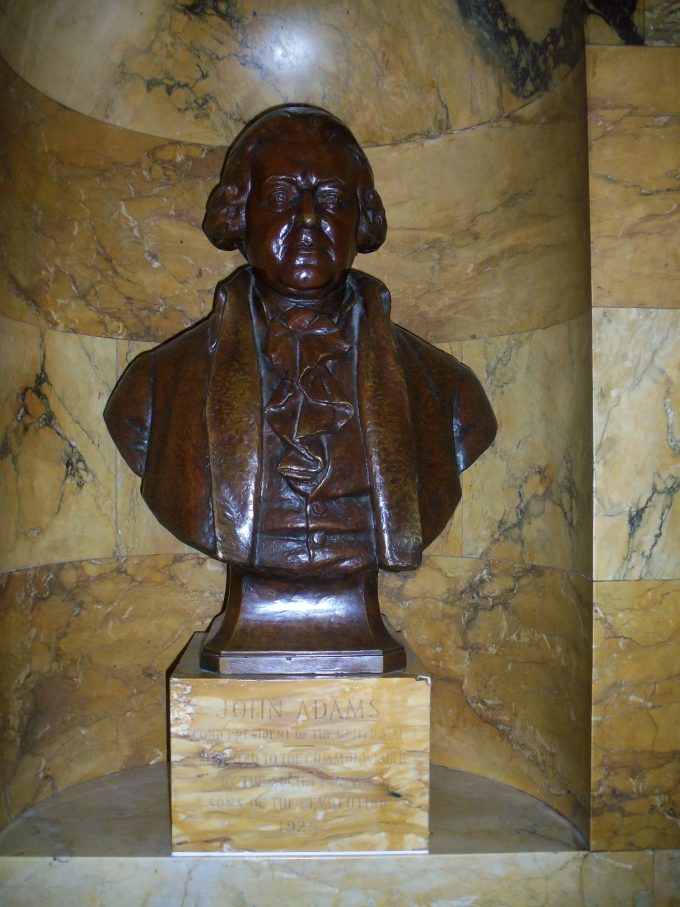
Friday, 3 March 2017
Now you Philippians know also that in the beginning of the gospel, when I departed from Macedonia, no church shared with me concerning giving and receiving but you only. Philippians 4:15
Up to now, Paul has spoken of the church at Philippi as having shared in his time of distress, meaning the time he was writing. In this verse, he looks back over the past years and commends them for having done so previously as well. What is believed to be a full twelve years earlier, he says, “Now you Philippians know also that in the beginning of the gospel…” The proper name “Philippians” is in the emphatic position here. He is highlighting what they have done.
The term Paul uses indicates the beginning of their hearing and receiving the gospel. The first time Paul came to preach it among them, and when they received his words, was the “beginning of the gospel” for them. It was during this period, and as he notes, “when I departed from Macedonia.” This is recorded in Acts 17.
When first in Philippi (Acts 16) he moved on to Thessalonica (Acts 17:1). From there he moved on again to Berea (Acts 17:10). Due to trouble there, he decided to leave Macedonia and head into Greece (Acts 17:14). It was probably at this time that he received assistance from them. Or, it could be shortly after in Acts 18:5 when Silas and Timothy met up with him in Corinth that they brought a gift from Philippi.
As he notes, “no church shared with me concerning giving and receiving but you only.” Those in Philippi heard of his fleeing from Macedonia, and they determined to not only pray for him, but to send along a gift to help with the expenses of his travels. This was obviously unsolicited, and he is reminding them of their generosity these many years later.
The idea of “giving and receiving” that he speaks of is a metaphor connected to a commercial transaction where one pays for something and there is then an exchange with the goods which were paid for. Charles Ellicott notes that they “‘…opened (so to speak) an account with me,’ not of debit and credit, but ‘of free giving and receiving.’” Paul was the recipient of their gracious giving. It would be like having a monthly charge taken out of one’s credit card to pay the expenses of a missionary.
Some even think of it as an allusion to 1 Corinthians 9:11 where the sowing of spiritual things by Paul would, in return, find them giving of their earthly wealth to support him. However, Paul never asked for this, and so it is an unlikely stretch of his words. He is simply grateful that someone saw fit to send him a gift as he continued to minister to others. They, a young and poor church, saw the need for Paul’s mission not only among them, but also among any to whom he would be led to.
Life application: How willing are we to give of our worldly possessions in order to ensure that the message of Christ Jesus will continue to be proclaimed. This includes both missionary work being funded in order for the word to go out for the first time, and also for the maintenance of the church where the word is explained and fellowship is found. The amount you give may be directly connected to the value your heart places on the message which is being conveyed.
Heavenly Father, how grateful we are for those who are in the ministry and tending to the needs of others. Missionaries go out to proclaim Your word, there are churches which faithfully explain Your word, and there are scholars and translators who carefully maintain Your word. Each has his place, and each is a necessary part of Your body. Help us to be faithful in tending to the needs of those who do these things – to Your glory. Amen.
